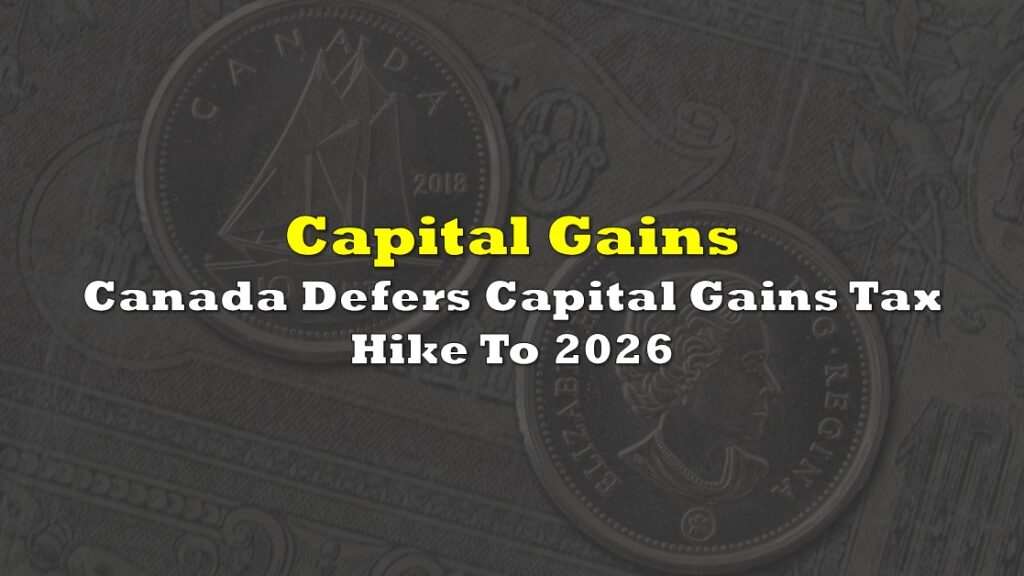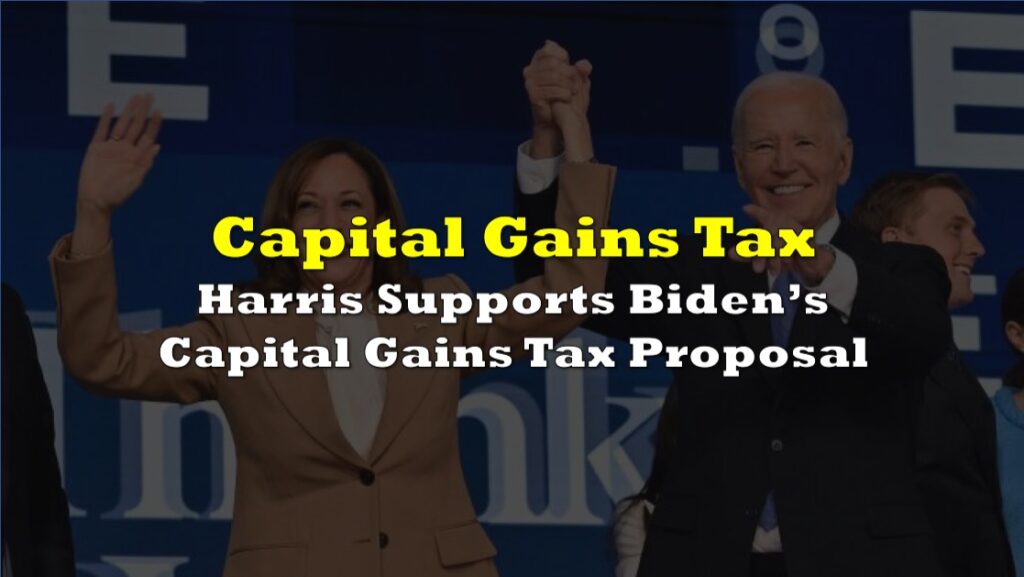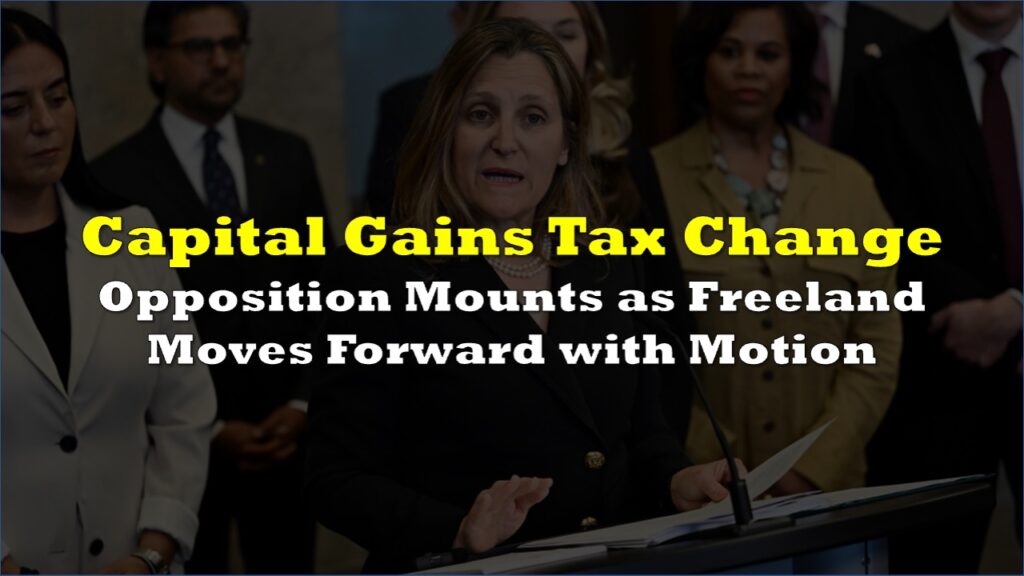A new study has cast doubt on the Canadian government’s projected revenue from its recent capital gains tax adjustment. The C.D. Howe Institute has released findings that challenge Finance Minister Chrystia Freeland’s optimistic fiscal forecasts.
The study by Alexandre Laurin and Nicholas Dahir, titled “Uncertain Returns: The Impact of the Capital Gains Hike on Ottawa’s Personal Income Tax Revenue,” suggests that the tax modification will only bring in about C$3.3 billion from individual taxpayers over a five-year period. This figure stands in stark contrast to the government’s ambitious projection of C$8.8 billion. The substantial gap between these estimates has raised eyebrows among economists and policymakers alike.
The authors attribute this discrepancy to various factors, including differing assumptions about tax revenue patterns and the unpredictable nature of capital gains realization. The study also takes into account potential behavioral changes among taxpayers and corporations in response to the new tax landscape.
“We’re not trying to discredit Finance Canada’s model or the budget officer’s model,” Laurin said. “These three very different estimates underline the complexity of projecting revenue gains from these tax changes and emphasize the projections’ dependence on crucial yet uncertain assumptions.”
Adding weight to the C.D. Howe Institute’s findings, Canada’s parliamentary budget officer has independently arrived at a similar conclusion. Their estimate of C$5.8 billion in additional personal income tax revenue, while higher than the Institute’s projection, still falls well short of the government’s target.
The tax adjustment, which came into effect earlier this year, increases the inclusion rate for capital gains exceeding C$250,000 from 50% to 66.7%. This change affects both individuals and corporations, though some exceptions apply. The move has sparked debate among business leaders and financial experts, with many expressing concern about its potential impact on investment and economic growth.
Prime Minister Justin Trudeau’s administration has framed this tax increase as a means to fund initiatives aimed at addressing housing affordability and supporting younger Canadians. However, the lower-than-expected revenue projections may complicate these plans, especially given the government’s commitment to maintain a deficit cap of around C$40 billion.
The C.D. Howe report delves into several technical aspects that might explain the revenue shortfall. These include the cyclical nature of capital gains, interactions with other tax measures, and anticipated shifts in taxpayer behavior. The authors also point out that changes in corporate tax structures could indirectly influence personal income tax collection.
Public opinion on the matter remains divided. Recent polling data indicates that a slight majority of Canadians are apprehensive about the tax change, fearing it may deter investment and hinder economic progress. Conversely, a significant minority views the measure as a step towards reducing wealth inequality.
Information for this story was found via Bloomberg, and the sources and companies mentioned. The author has no securities or affiliations related to the organizations discussed. Not a recommendation to buy or sell. Always do additional research and consult a professional before purchasing a security. The author holds no licenses.









